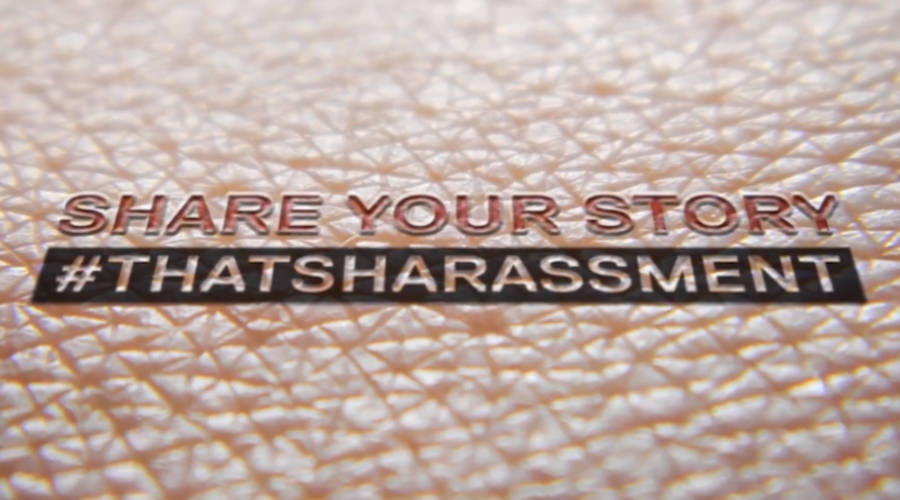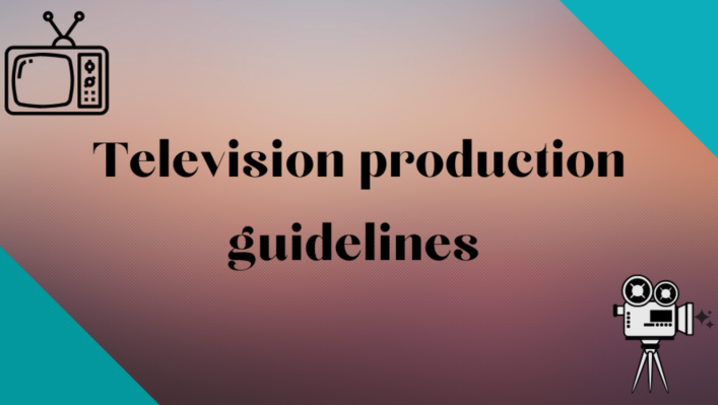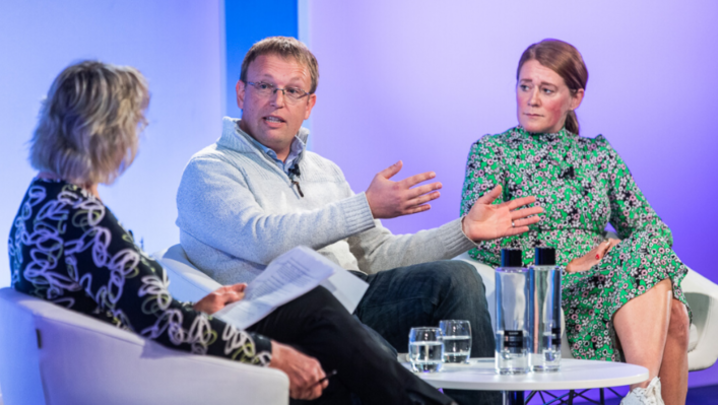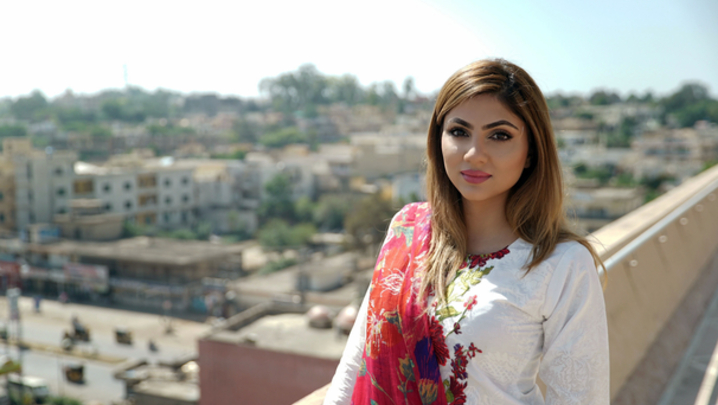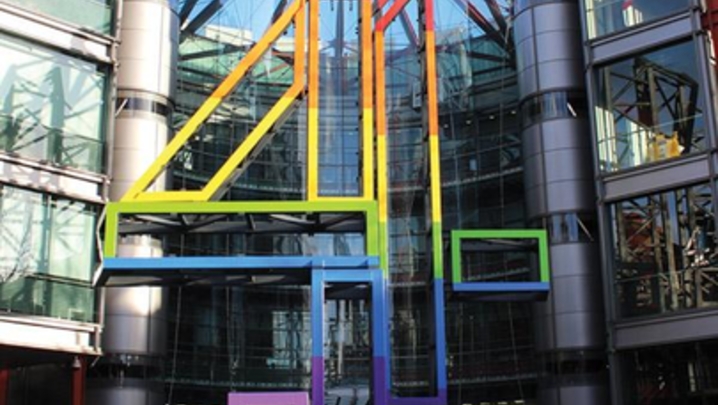Does television have a culture that supports bullying and harassment, asked 5 News presenter Sian Williams?
Williams was chairing an Edinburgh International Television Festival panel which aimed to address the issue of abuse and harassment in the industry in the wake of scandals involving Harvey Weinstein, Kevin Spacey and others.
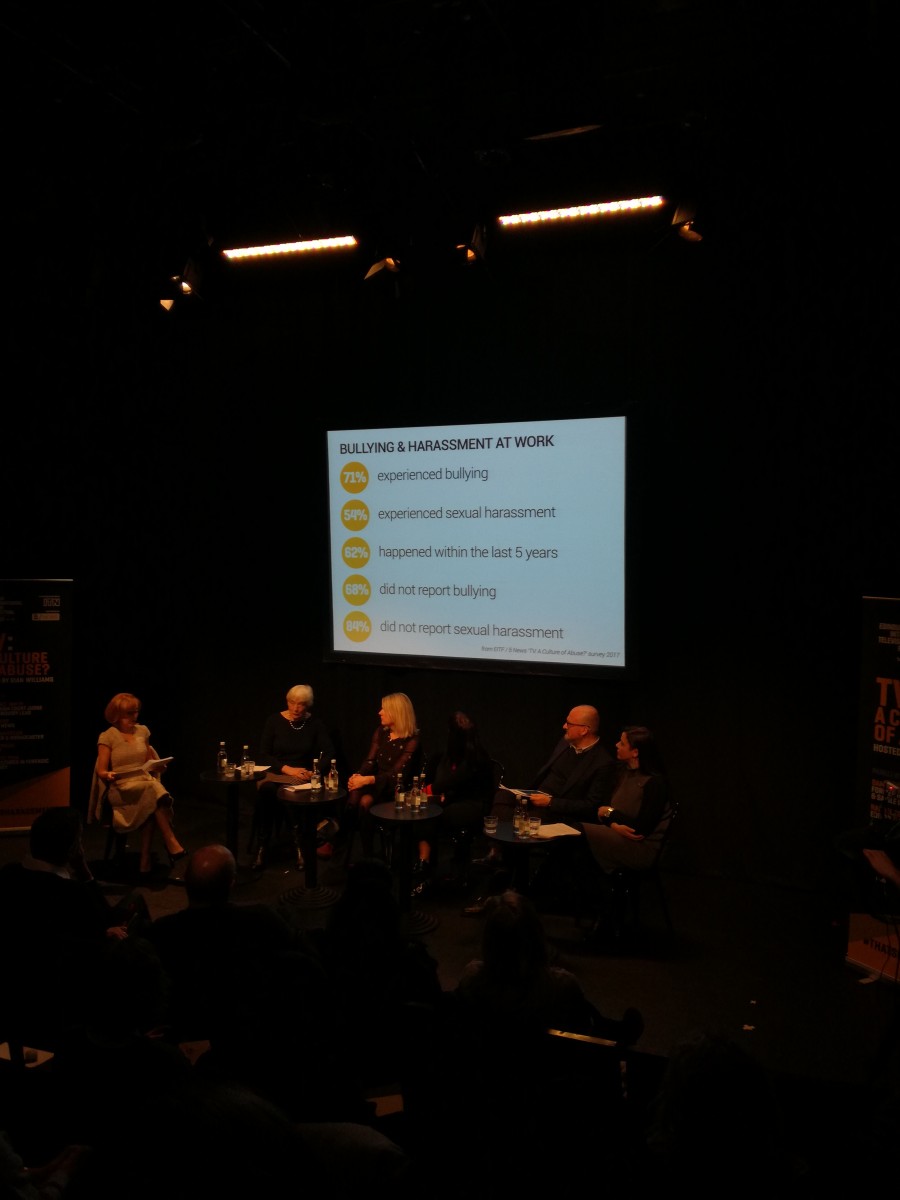
The panel comprised of industry figures including broadcaster Anna Richardson, Channel 5 News Editor Rachel Corp and UKTV CEO Darren Childs. They were joined by Dame Janet Smith who authored the Smith Report into historic child sex abuses at the BBC, and Dr Afroditi Pina, a senior lecturer in forensic psychology.
According to figures gathered by the EITF and 5 News, over 50% of those working in television have experienced sexual harassment at work, and 71% had experienced workplace bullying. The majority of these were not reported because those working in television feared a negative impact on their careers.
Darren Childs, CEO of UKTV, told the panel that leadership was key to tackling the problem, calling on industry leaders to “take a stand.”
“There is not a single rating point that I want in our business that is the result of a poisonous culture. There [are] no ratings that are high enough to warrant working with someone that can poison and kill the culture that is driving your organisation’s success.”
The problem, the panel agreed, comes down to power. “This industry prays a little bit on people being compliant,” said Anna Richardson, who addressed a case she levelled against Arnold Schwarzenegger regarding an alleged groping incident. Richardson reports, “the broadcaster was made very aware [by Schwazenegger's team] that if that story hit the papers then I wouldn’t work again. And as a result of it hitting the papers, I can tell you that I didn’t work again for quite some time.”
According to EITF statistics, 84% of cases of sexual harassment and 67% of cases of bullying were not reported for reasons including cynicism that nothing will be done (49%), concerns over the impact on a person’s career (58%) and fear of losing their job (78%).
Professor Afroditi Pina reported that these fears appear to be grounded in reality, saying “the ramifications are likely to be much more serious for the victim than the perpetrator.” Rather than reporting cases of bullying or harassment, people are reportedly choosing to leave the industry. According to the statistics, of the 16% who did report sexual harassment, 81% said that their complaints were not dealt with appropriately.
There is, said Dame Janet Smith, a “culture of fear [about] not being able to complain about anything” for fear of losing current or future jobs.
Sexual harassment does not have to mean assault.@sianwilliams100 explains #ThatsHarassment - a series of reports on everyday harassment. pic.twitter.com/1XP0XUSfhj
— 5News (@5_News) October 10, 2017
Nor does the situation seem to be improving. 62% of respondents reported that the incidents happened in the past five years.
However the industry is taking steps to counter the problem. The BFI has led a cross-industry initiative alongside Bafta, Directors UK, Pact and Women in Film and Television, to create an industry-wide code of practice and guidelines for conduct which is expected to be published in February. They also plan to offer training in how to respond to harassment to those in the industry. ITN has recently launched a hotline, run by a third party, which can offer individuals advice and support in dealing with cases of harassment and bullying.
Over 30% of respondents to the EITF survey were freelancers, which offers its own challenges to finding a resolution to an instance of bullying or harassment as there is no central HR department to which they can go. However A+E’s Karl Burnett, formerly of the BBC, reported that having HR doesn’t solve the problem either. “Zero tolerance needs to mean zero tolerance… It means firing people. Often what happens is people get moved and… that’s very insulting.”
To view the full Edinburgh Internaitonal Television Festival report, click here.

